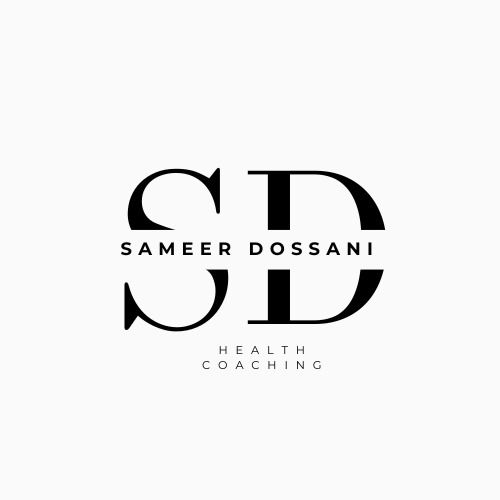Is Long-Term Veganism Even Possible?
Aug 03, 2023
Can humans actually ever be vegetarian or vegan? This is the question raised by a recent Bon Appétit article by Ali Francis. Before going over the article in detail, I’d like to emphasise one aspect of it. Diets are closely linked to identity and changing our identity is hard. If we’re going to change our diet - drastically or even just a little - it’s important to have some support. If you are making a transition, please do reach out to friends and family. If you need some extra support from someone who’s been down the path before, please do reach out and book a call. Everyone leaves these calls with clear and personalised actions they can take to immediately improve their health.
Overall the Bon Appétit piece is a brave attempt at looking at why most vegetarians and vegans ultimately fail in their attempts to exclude all animal foods from their diet. Some of the highlights:
-
A vegetarian of 15 years started dreaming of sausages and tinned tuna. She interpreted this as her subconscious crying out for nourishment. The dreams went away when she introduced animal foods into her diet.
-
Lifelong vegetarians who try meat for the first time describe the experience in almost mystical terms.
-
Meat plays a role in many of our cultures and communities. A meal including meat at its center is about family time and bonding.
All this is fine, but the article left me feeling flat. Consider this line: “Does that mean we need to be piling our plates with steak, like the Atkins, keto, and paleo dieters? Not at all. Protein deficiency is virtually unheard of in the US, according to the Physicians Committee for Responsible Medicine [PCRM].”
There are a number of problems with this, but let’s start with the obvious one. The PCRM is a pro-vegan advocacy group and doesn’t pretend to be anything else. It shouldn’t be a source of authority in an article aspiring to journalistic neutrality (or it should at least be pointed out that it’s a pro-vegan organisation).
Second there is a difference between protein deficiency and optimal protein intake. While it’s true that deficiencies are rare, there are a number of diseases associated with lack of optimal protein intake that are pretty common - bone diseases like osteoporosis among them but also age-related muscle wasting. These may not seem like a big deal, but when we consider how many people die from injuries related to falling after the age of 65, it should be taken very seriously. Animal protein also comes with easily digested micronutrients which are super important in preventing deficiencies of iron, B12, calcium and other vitamins and minerals that are unfortunately lacking in modern diets.
Despite these failings, the article comes to a very interesting conclusion. When a team of pro-vegan scientists wanted to study what makes people stick with vegetarian and vegan diets, they found “flexibility (continuing to eat a small amount of animal products when it makes sense)” to be a main determinant of whether or not the person was going to stick with the diet.
In other words, eating some meat was key to being a successful vegetarian. If that makes any sense to you, you’re smarter than I am.
If not, there is an obvious conclusion: A species appropriate diet for humans is one that is built around animal foods. The common sense wisdom that eating more plants is healthy is not evidence based. And people who want to improve their health would do well to incorporate more animal foods into their diet. One great way to make this transition is to work with a health coach who has made the transition from plant-based to animal-based eating. If you’re looking for such a coach (or just some tips) do book a free strategy session. These discussions are a great first step towards finding the diet that will optimise your physical and mental health.
🌱 Ready to Find Your Path to Gut Freedom?
Stop trying to solve your Crohn's, Colitis, or IBD alone with conflicting advice. A personalized plan is the fastest way to clarity and relief.
On a free call, you’ll get:
✅ Clarity on your triggers – Identify the dietary and lifestyle factors uniquely impacting you.
✅ A tailored starting point – Get actionable steps to reduce inflammation and calm your gut.
✅ Real answers – Ask anything about your symptoms and healing (no topic is off-limits).
💬 “Working with Sameer gave me a clear path when I felt completely lost. This is the guidance I needed.” – Previous Client
Your personalized plan is a conversation away.

